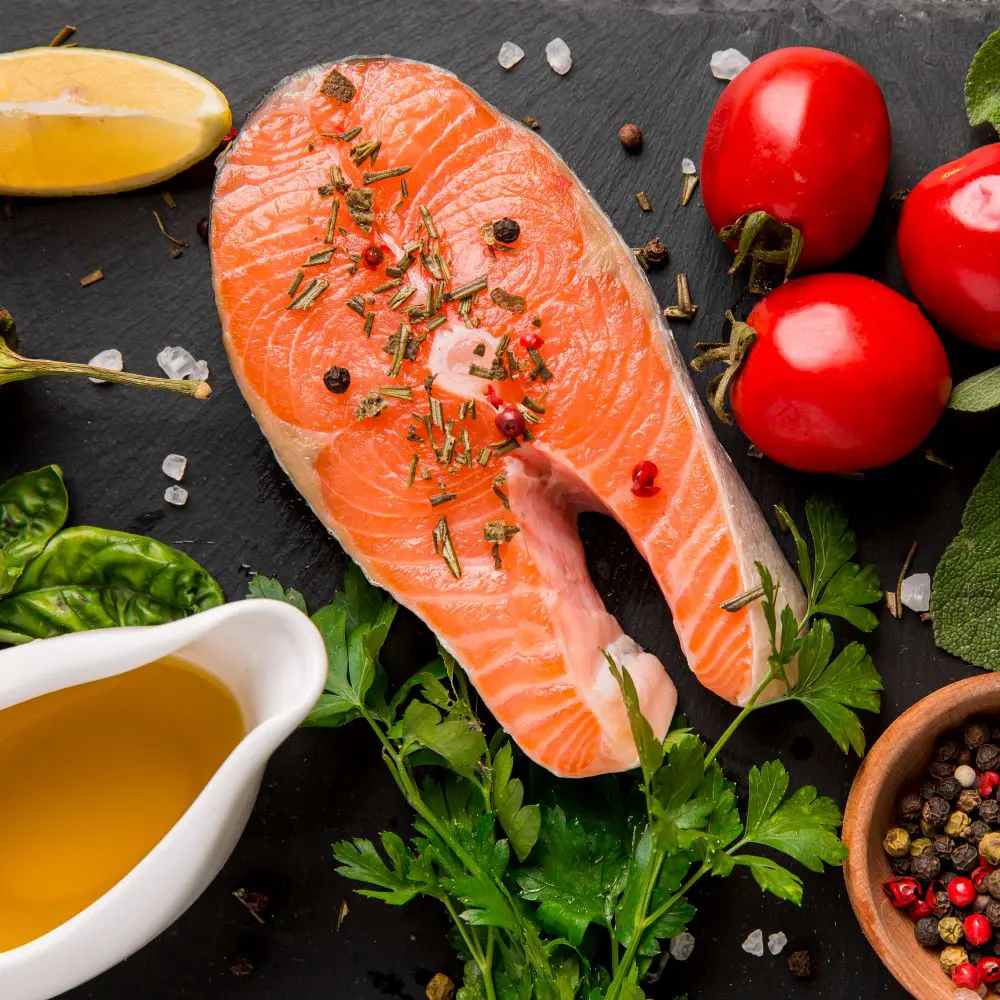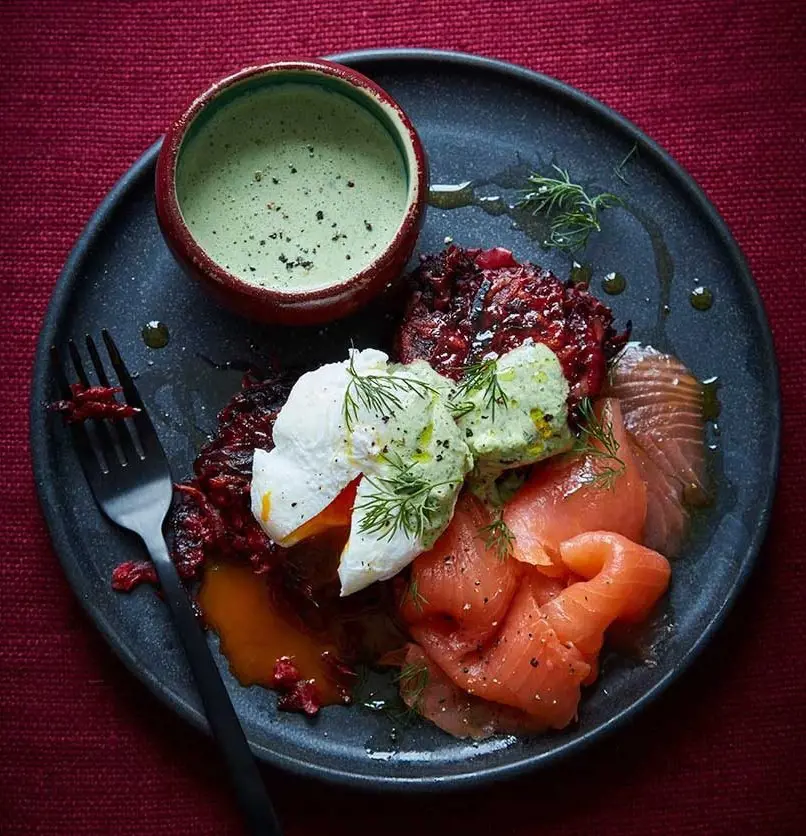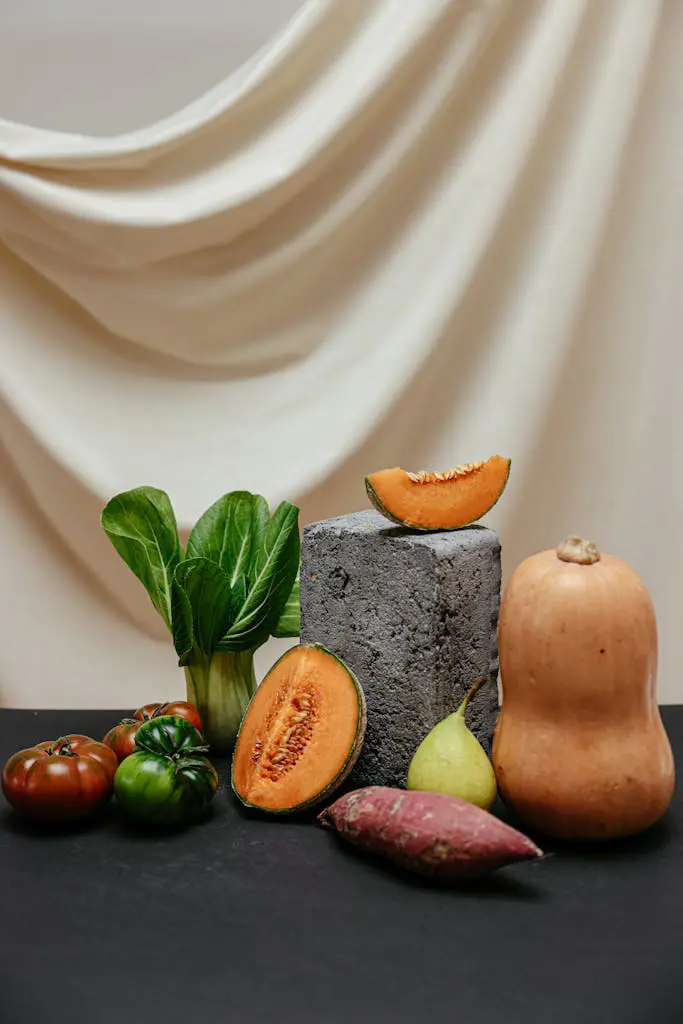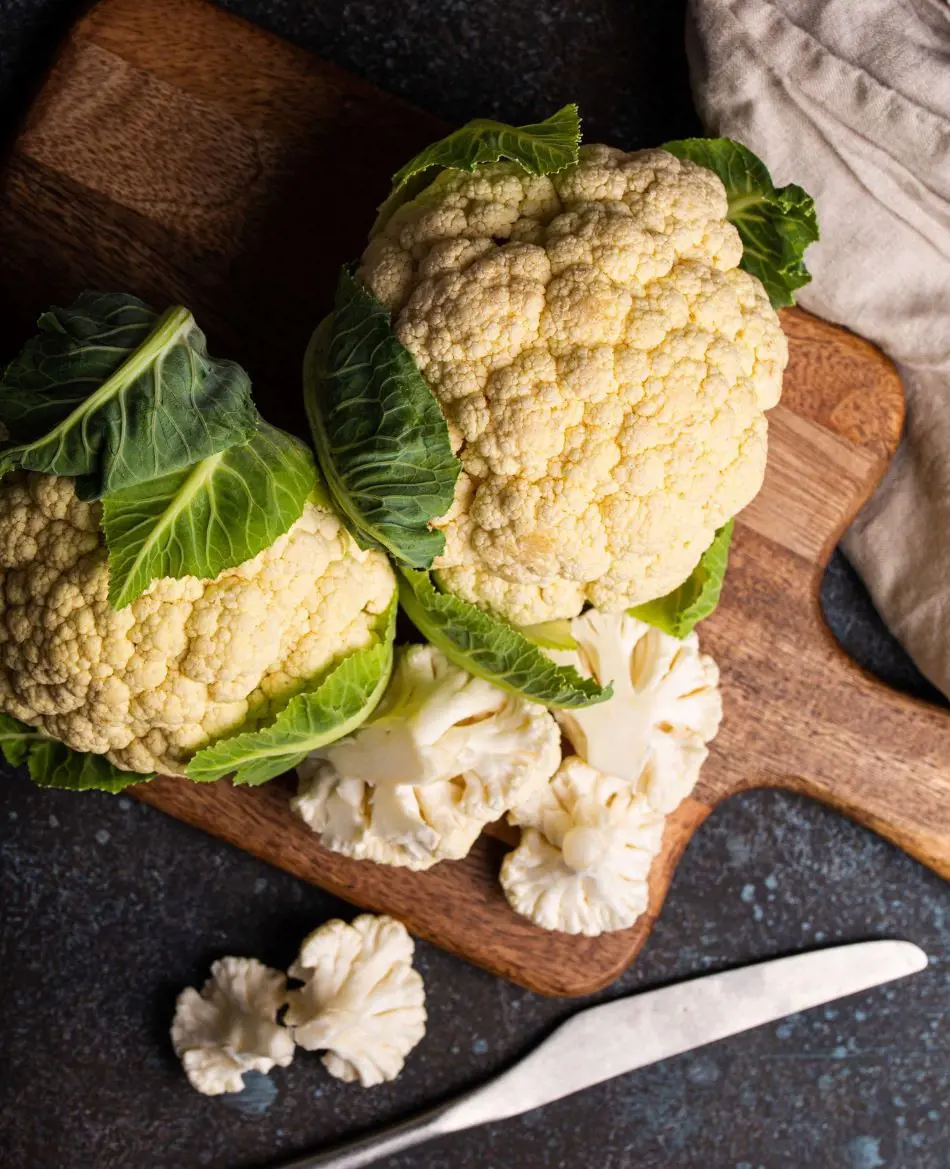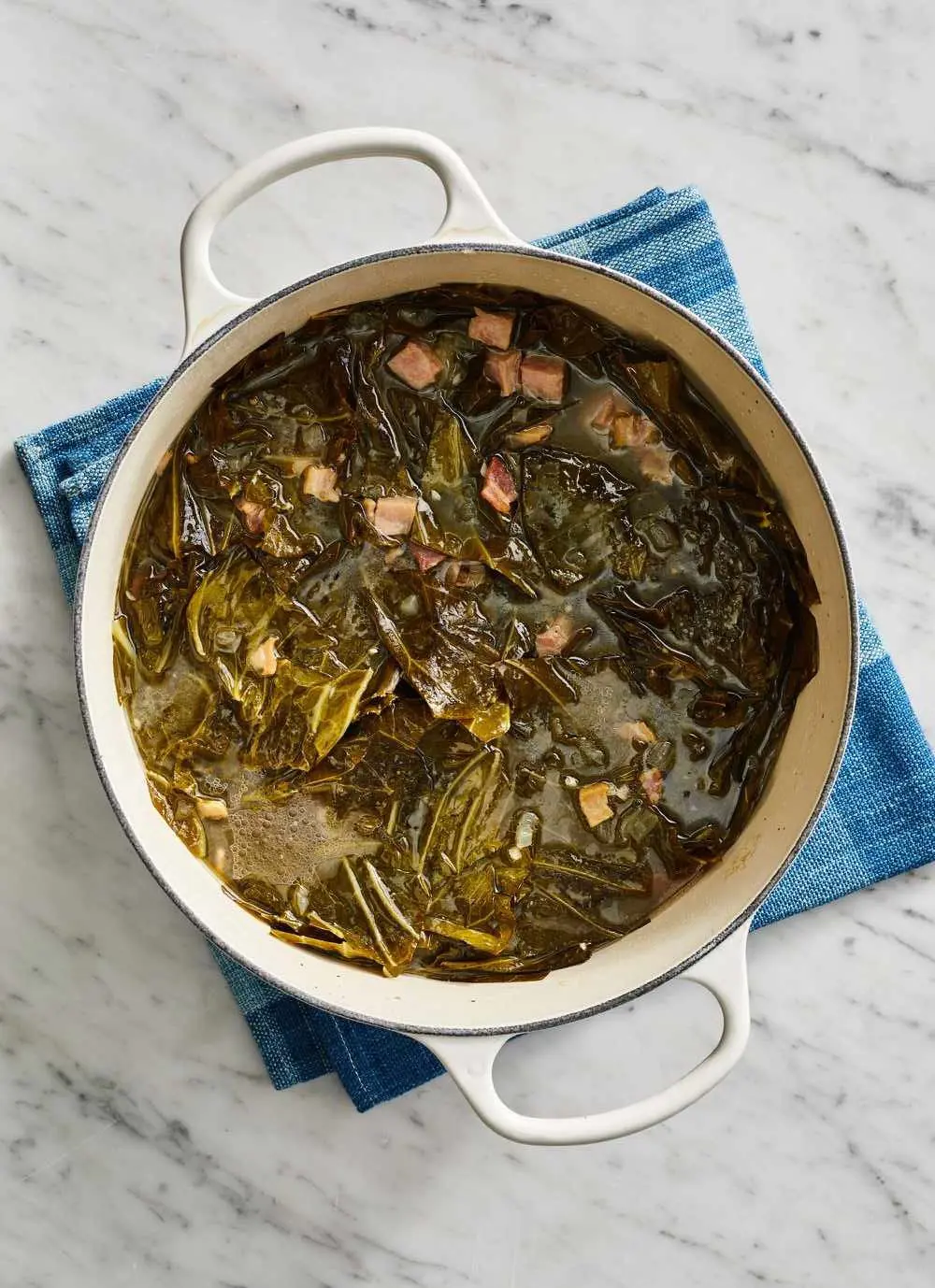20 Superfoods To Eat For A Healthy Pregnancy
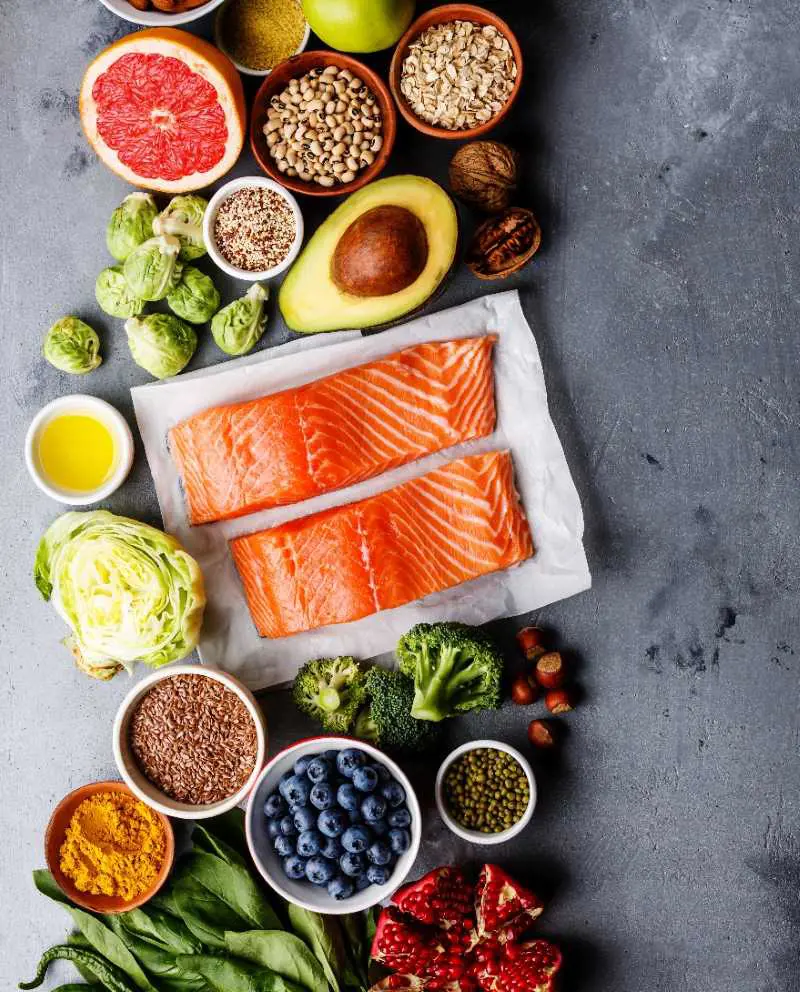
A well-balanced pregnancy diet is a key method to ensure that you and your baby are receiving all the necessary vitamins and minerals for optimal health.
Meals and snacks packed with fruits, vegetables, protein, and carbohydrates not only sustain your energy levels but also alleviate uncomfortable pregnancy symptoms such as fluid retention and constipation.
Furthermore, they play a vital role in promoting your baby's development and growth.
While many of us are familiar with the concept of a nutritious diet, it's worth noting that certain foods, often categorized as 'superfoods', can offer additional advantages during pregnancy.
In this guide, we will introduce you to the top 20 superfoods that seamlessly complement your nourishing pregnancy diet.
1. Avocado
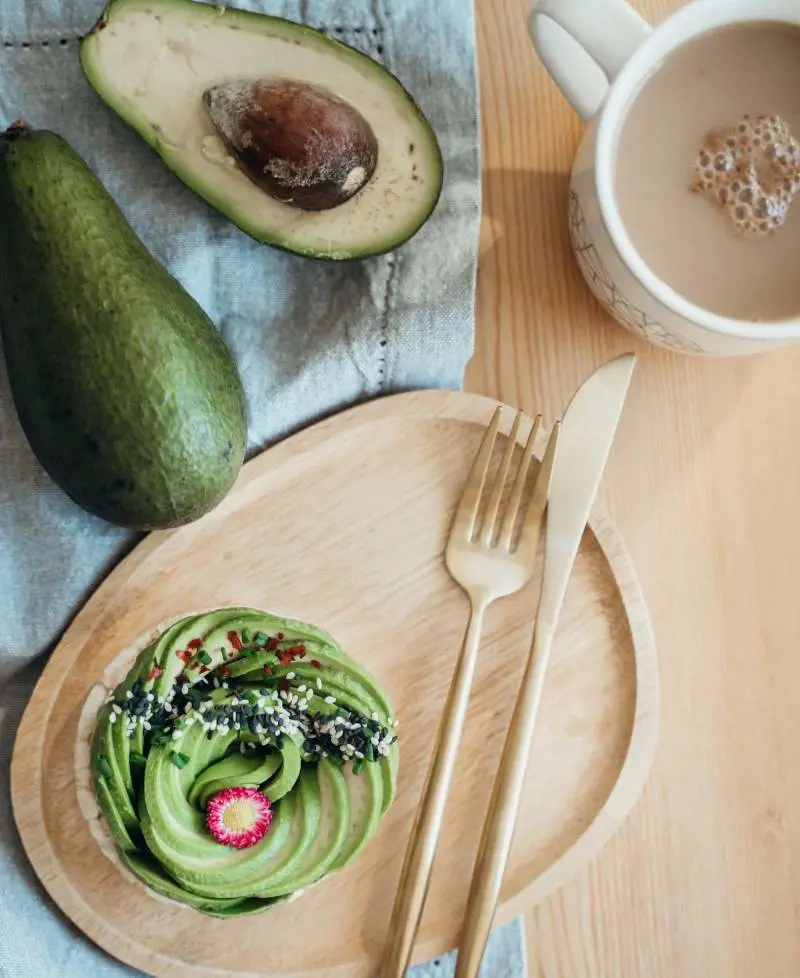
Avocado is a valuable source of healthy omega-3 fats, crucial for the development of the fetal brain and retina. The fruit also supplies antioxidants, folate, potassium, copper, and vitamins B6, C, E, and K.
Folate plays a pivotal role in preventing neural tube defects and developmental abnormalities of the brain and spine. Additionally, healthy fats contribute to the construction of your baby's brain, skin, and tissues.
Potassium is known for its effectiveness in alleviating leg cramps, and interestingly, avocados actually contain more potassium than bananas, making them a beneficial choice.
2. Bananas
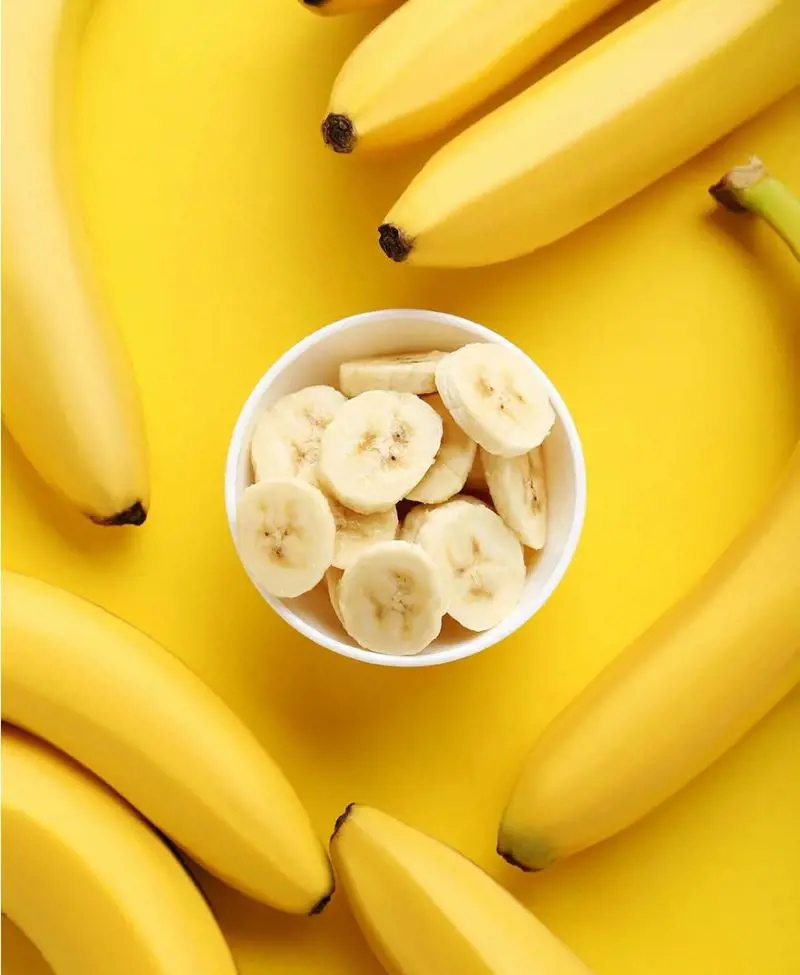
Bananas are rich in potassium which is considered a valuable remedy for morning sickness and pregnancy swelling. They serve as a valuable source of carbohydrates, providing essential energy that is particularly beneficial during this period.
The iron content found in bananas can stimulate hemoglobin production, crucial for preventing amenia and its related complications during pregnancy and childbirth.
Bananas can be enjoyed by incorporating them into your morning cereal or creating a delicious smoothie alongside yogurt and berries. However, it's important to consult with a dietician before including bananas in your pregnancy diet, especially if you have allergies or diabetes.
3. Berries
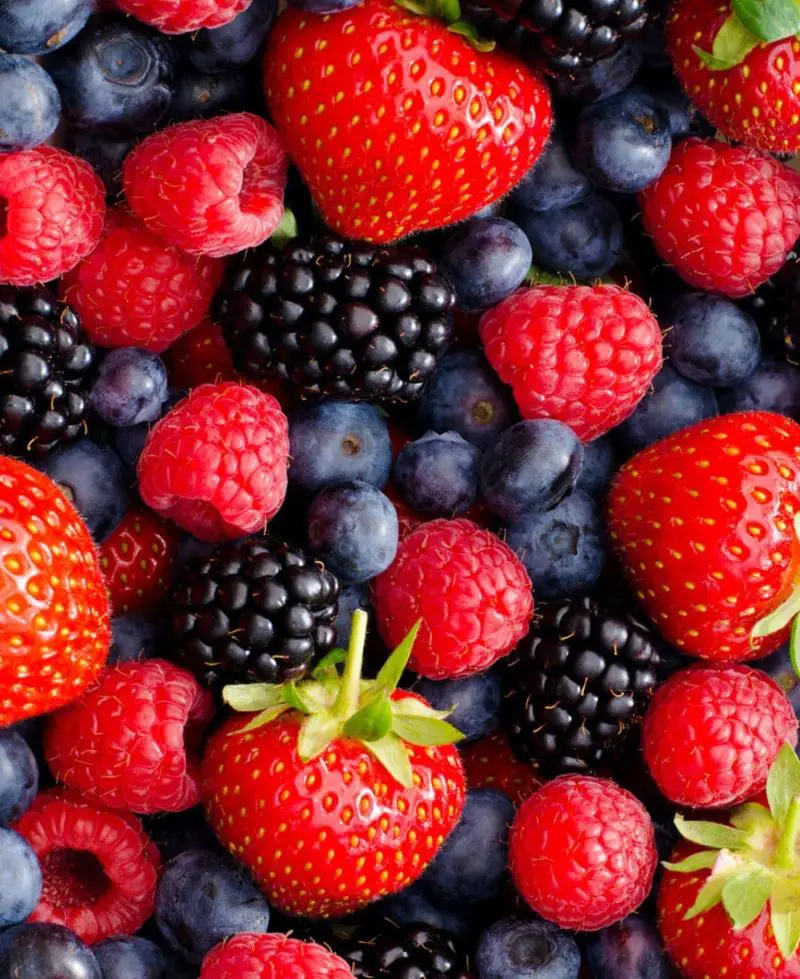
Berries are packed with water, vitamin C, antioxidants, fiber, iron, and healthy carbs. They have a relatively low glycemic index value, which means they are unlikely to cause significant spikes in blood sugar.
They serve as an excellent snack option, offering abundant flavor and essential nutrients while being relatively low in calories. Some of the best berries to eat during pregnancy are raspberries, blueberries, acai berries, strawberries, and goji berries.
4. Broccoli and dark, leafy greens
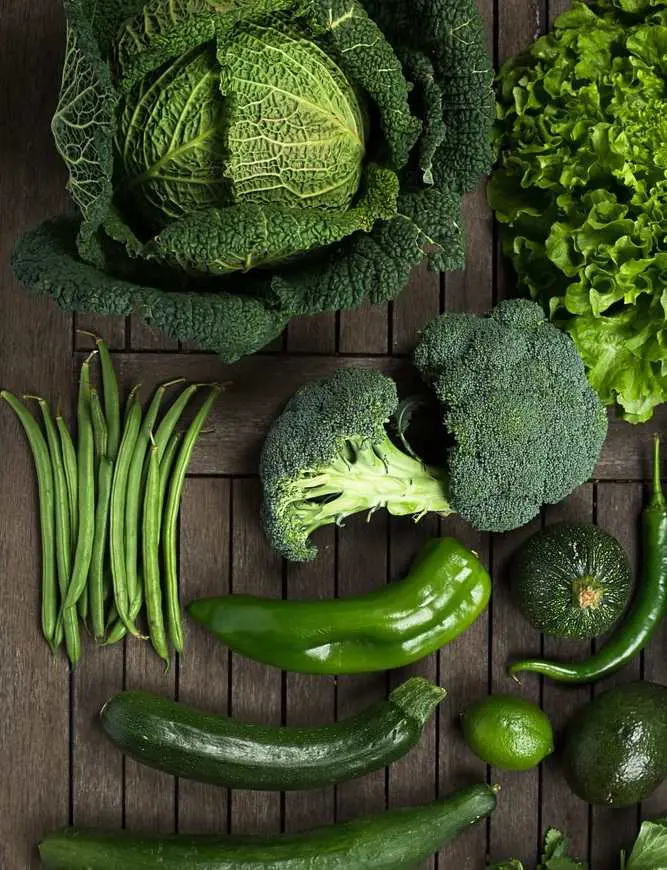
Broccoli and green leafy vegetables, such as spinach and kale, provide fiber, vitamin A, vitamin C, vitamin K, iron, potassium, and folate. They are rich in antioxidants, which bolster your immune system, aid in digestion, and prevent constipation.
Consuming vegetables has also been associated with a decreased risk of low birth weight. Broccoli, rich in vitamin A and essential minerals, contributes to healthy vision, blood pressure regulation, bone growth, and fortifying your immune system.
5. Chia Seeds
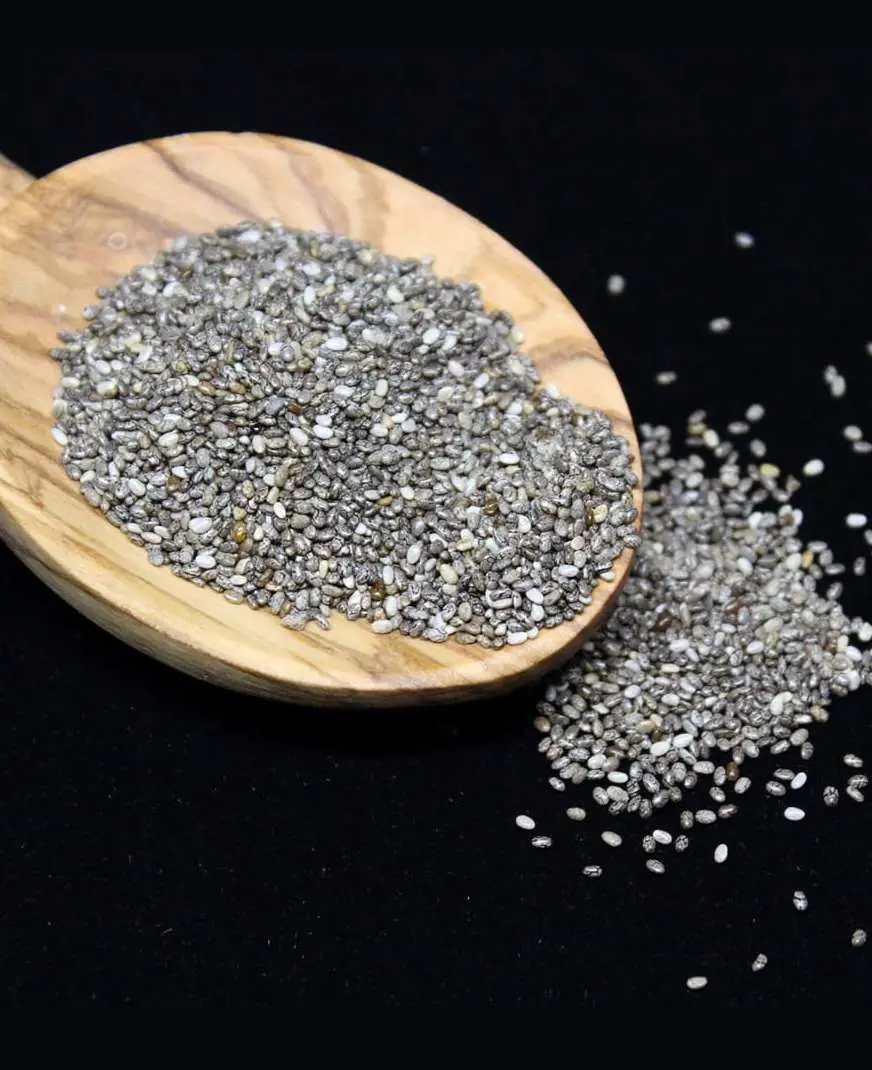
Chia seeds are a good source of fiber (8 grams in two tablespoons) and omega-3 fats, known for their ability to mitigate pregnancy depression. They also help in moderating sugar absorption, thereby influencing the quantity of sugar your baby assimilates.
Nevertheless, it's advisable to consume no more than one ounce of seeds per day due to potential risks such as stomach discomfort and allergic reactions. Anyone with concerns about chia seeds consumption should seek guidance from their dietitian or doctor.
6. Dairy Products
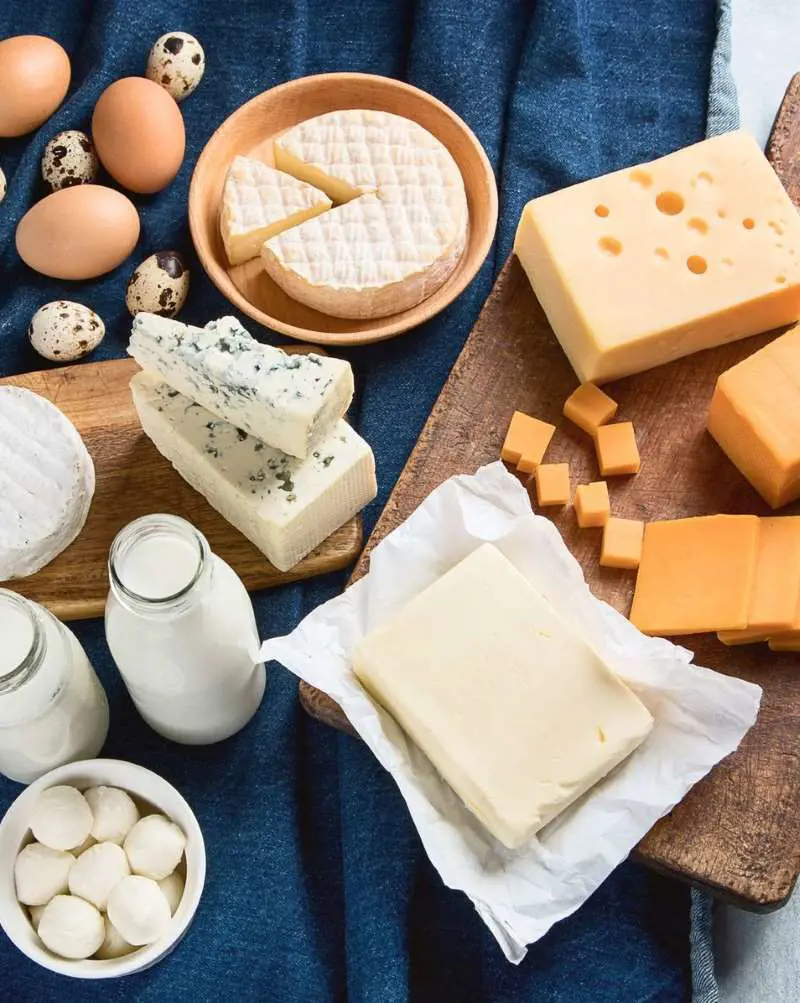
Dairy products such as cheese, milk, and yogurt provide additional protein and calcium to fulfill your baby's requirements. These products offer two forms of high-quality protein: casein and whey.
Considered the best dietary source, dairy provides vitamin B, magnesium, zinc, and phosphorus. Greek yogurt, in particular, offers potential benefits, including probiotic bacteria that promote digestive well-being.
Reduced-fat cheeses are helpful in reducing cholesterol and calorie intake. They provide concentrated amounts of calcium for your baby to grow strong bones.
7. Dried Apricot
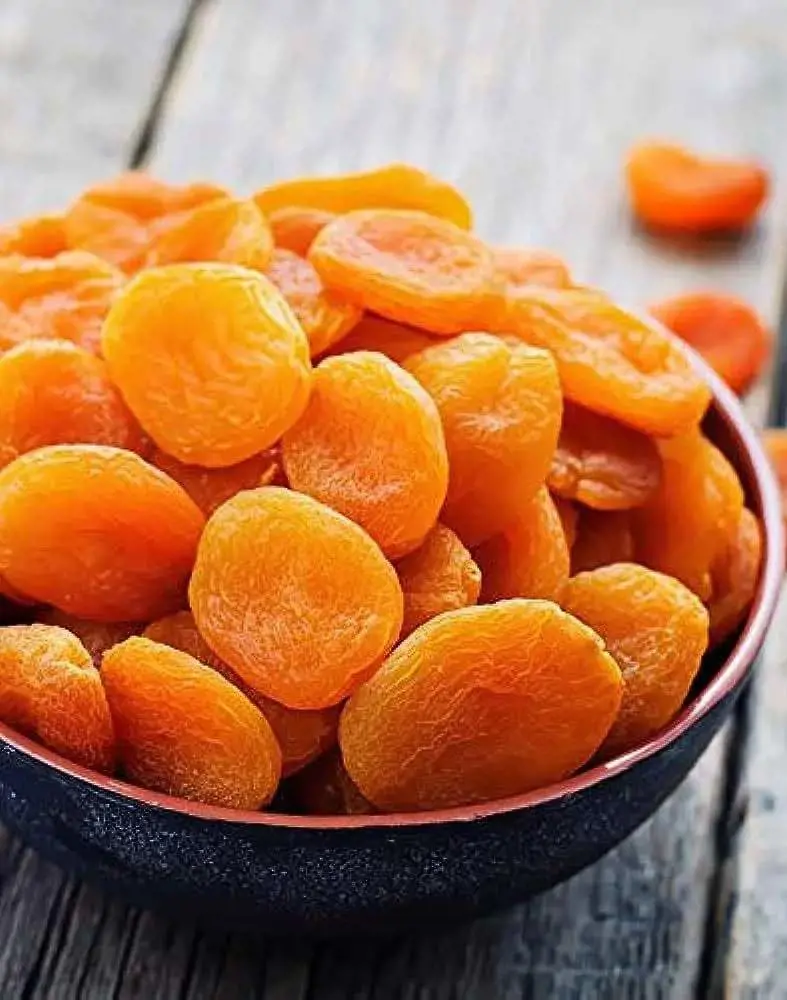
Incorporating dried apricots into your pregnancy diet proves highly advantageous due to their abundance of beta-carotene, which the body converts into vitamin A. This nutrient contributes significantly to promoting the growth and development of your baby's vision and immune system.
Apricots are a great source of folic acid, which aids in preventing congenital disorders in newborn babies. Additional benefits encompass the alleviation of constipation, combatting anemia, and supplying a source of sustained energy.
Calcium content is also high in dried apricots, contributing to your baby's bones development.
8. Dried Fruit
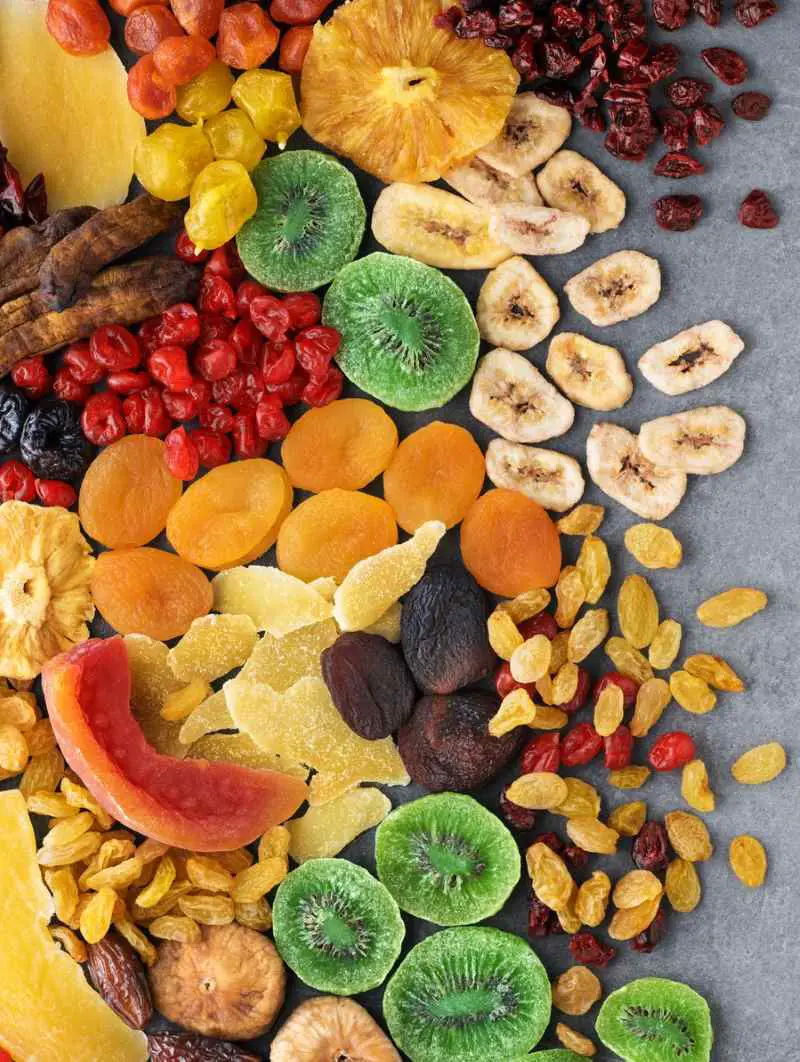
Dried fruits are typically rich sources of fiber, calories, folate, potassium, and vital vitamins and minerals. Despite their compact size and water removal, a single piece of dried fruit provides an equivalent nutrient content to its fresh counterpart.
Prunes are high in potassium, vitamin K, and fiber. They function as natural laxatives and may be helpful in relieving constipation. Dates, on the other hand, are abundant in potassium, iron, fiber, and plant compounds.
Nevertheless, it's worth noting that dried fruits contain substantial amounts of natural sugars. Consider blending a small portion of prunes or dates into a trail mix composed of nuts and seeds.
9. Eggs
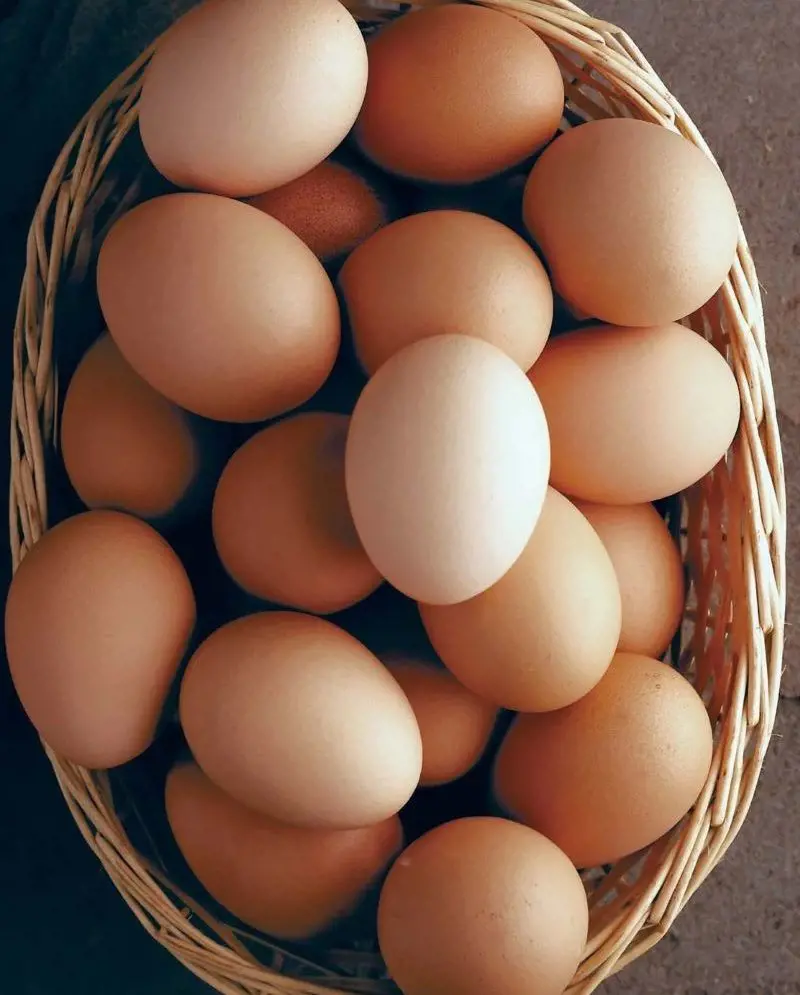
Eggs provide a rich and essential supply of protein and amino acids, benefiting both you and your baby. A large egg provides about 3.6 g of protein, 71 calories, fat, and many minerals and vitamins. They contain a little of almost every nutrient you need.
Containing a substantial 147 mg of choline per large egg, they serve as an excellent choline source, a crucial nutrient during pregnancy that plays a pivotal role in promoting your baby's brain development and safeguarding against potential abnormalities in the brain and spine.
10. Figs
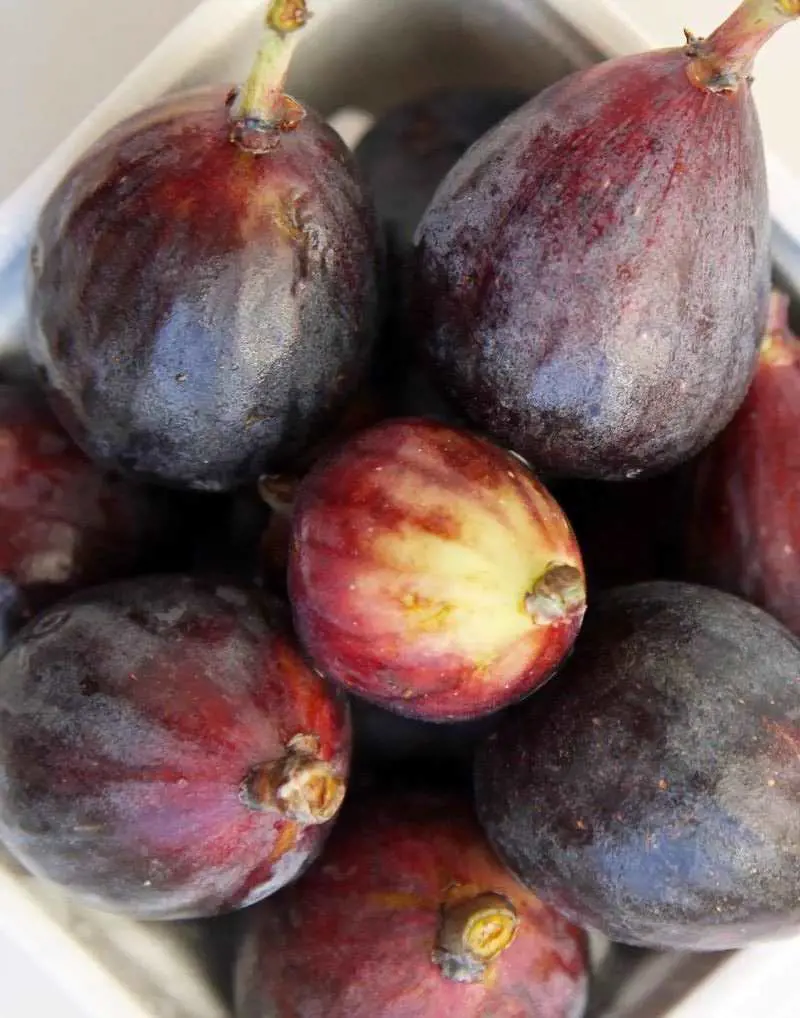
Figs offer natural antioxidants, along with essential nutrients such as calcium, iron, magnesium, and fiber. These properties make them a valuable aid in alleviating common gastrointestinal issues encountered during pregnancy. Figs serve as an effective natural laxative, promoting healthy digestion.
They boast a notable iron content, making them an ideal choice for combatting fatigue and anemia. Notably, figs are rich in potassium, a beneficial element for mitigating high blood pressure. Furthermore, dried figs stand out as a plentiful source of Omega-3 fatty acids.
11. Hummus
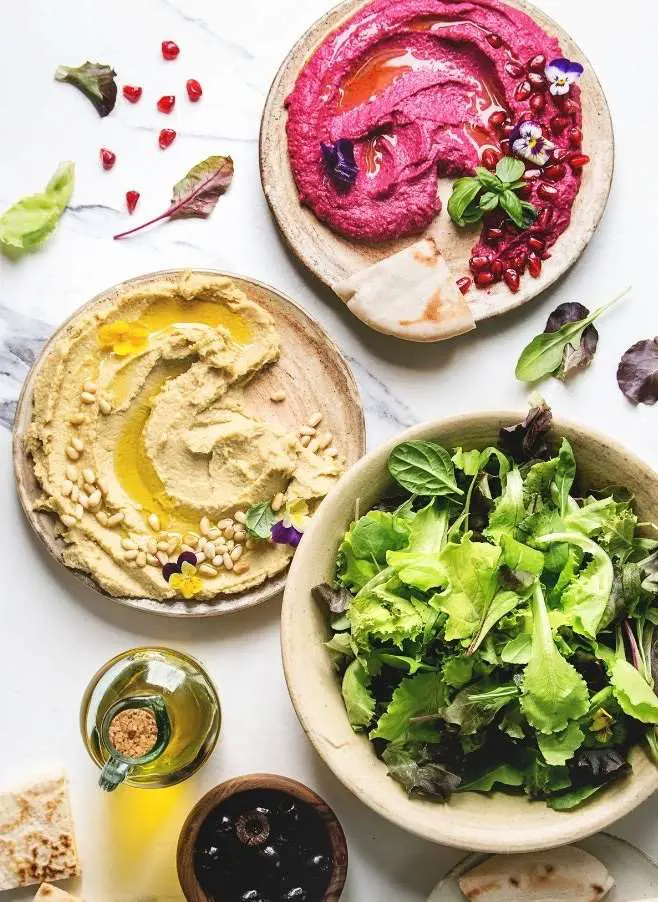
Hummus, being low in fat, presents a medley of essential nutrients including vitamin B6, vitamin C, magnesium, thiamin, potassium, and zinc. This superfood aid moms in the regulation of glycemic levels when enjoyed alongside higher glycemic foods such as bread or crackers.
Consuming hummus during pregnancy is generally considered safe, although it's important to exercise some precautions. To enhance safety, it's advisable to steer clear of store-bought hummus and opt for homemade versions while pregnant.
12. Legumes
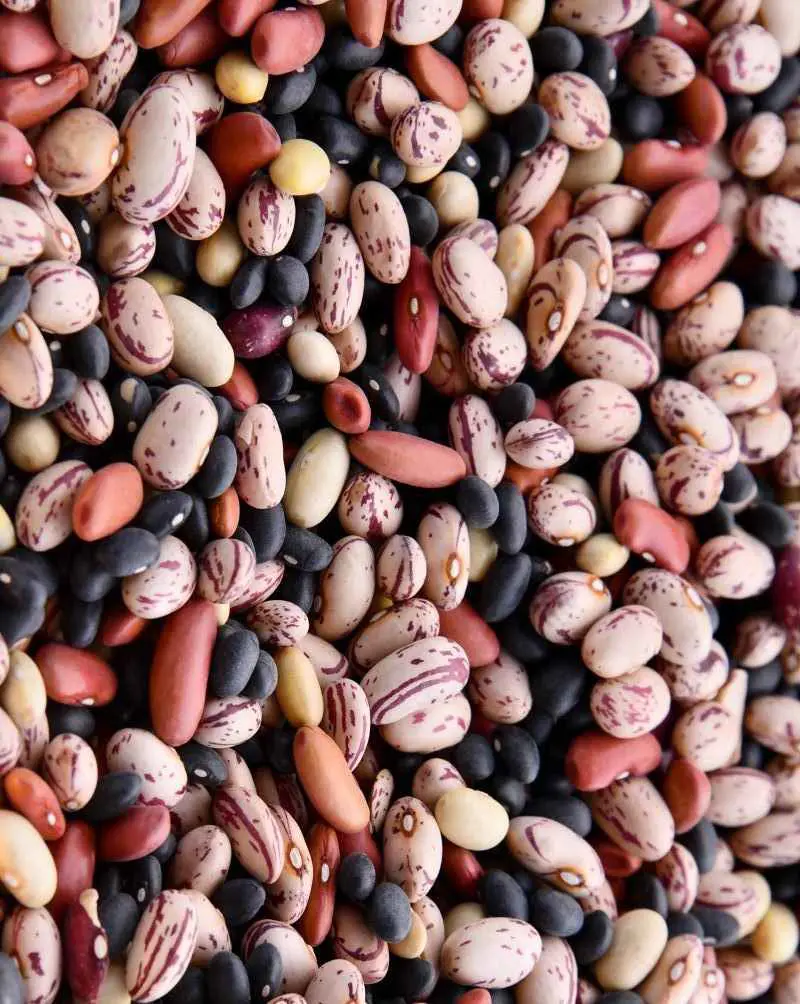
Legumes include beans, peas, chickpeas, soybeans, peanuts, and lentils. These plant-based powerhouses offer essential nutrients like protein, iron, calcium, fiber, and folate, all of which play a crucial role in supporting your increased nutritional needs during pregnancy.
Folate is among the most essential B vitamins (B9), important for both you and your baby, particularly during the first trimester and even before. Legumes can significantly enhance your folate levels, as you should aim for a daily intake of at least 600 micrograms (mcg) of folate.
13. Lean meat and Proteins
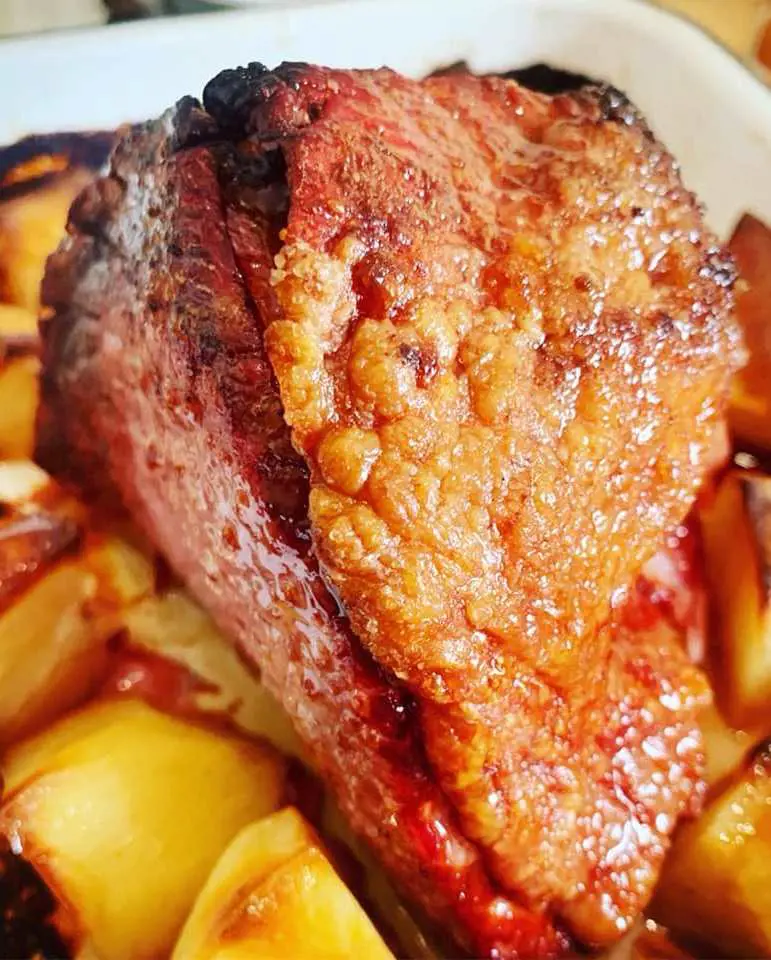
Lean pork, chicken, and beef supply high-quality protein. Beef and pork are rich in choline, iron, and other essential B vitamins.
Iron is used by red blood cells as a part of hemoglobin and its demand rises notably during pregnancy, particularly in the third trimester when the body's blood volume expands. Low iron levels can lead to iron-deficiency anemia, heightening the risk of low birth weight.
Meeting your iron requirements solely through meals can pose challenges, especially if you develop an aversion to meat or follow a plant-based diet. Nevertheless, incorporating lean red meat into your diet, if feasible, can be a beneficial strategy to boost iron intake.
14. Peas

Peas are very rich in vitamin A, vitamin C, and vitamin B complex, fiber, protein, and magnesium. They serve as a valuable source of folic acid, which helps form the neural tube and prevent some major birth defects in the baby's brain and spine.
Peas are packed with fiber, lutein, and lycopene, which work for the maximum function of the heart. They also contain other nutrients that play a role in lowering LDL cholesterol levels and boosting HDL cholesterol levels in the body.
Excessive LDL cholesterol increases plaque that builds up in arteries, reducing the heart's capability to pump blood at its optimal capacity.
15. Pumpkin Seeds
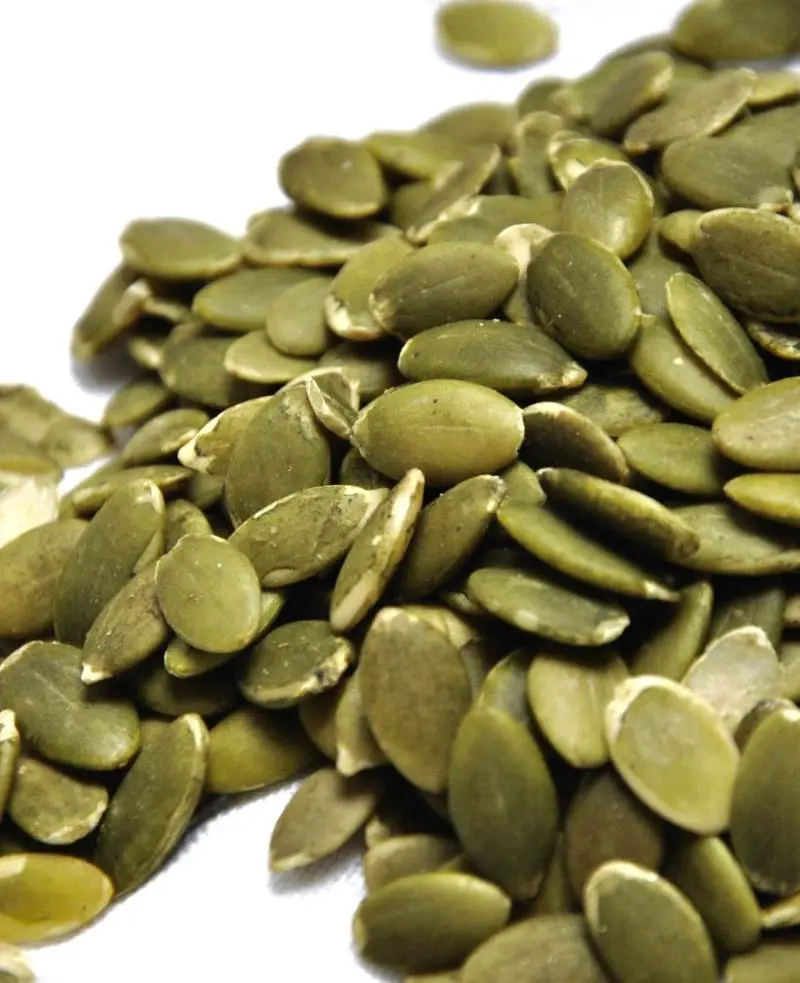
Pumpkin seeds are a rich source of magnesium and iron. They provide ample protein and fiber helping a pregnant woman feel full for longer. They also have protein and omega-3, which helps with your baby's brain and eye development.
In addition, pumpkin seeds are known to contribute to improved sleep patterns, the mitigation of mood swings, the regulation of blood pressure, a lowered risk of gestational diabetes, bolstered immunity, fatigue alleviation, and support in the growth and development of the fetus.
16. Salmon
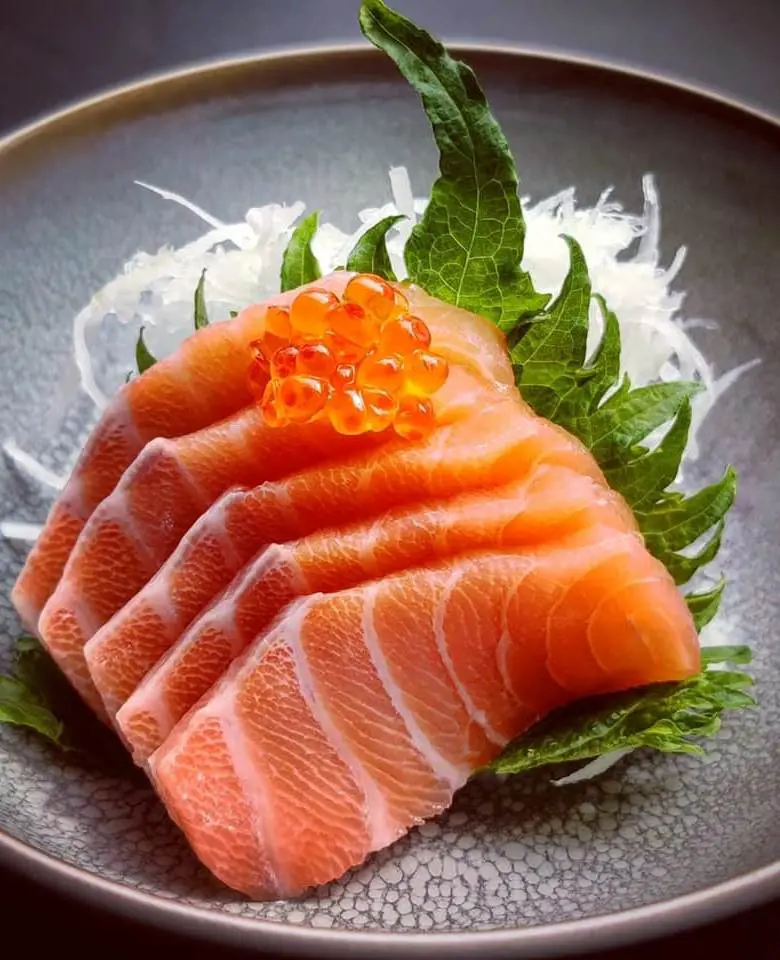
Salmon serves as a rich source of essential omega-3 fatty acids, which are present in seafood. They help build the eyes and brain of your little one and may contribute to increasing gestational length.
And while it's advised to avoid certain types of seafood during pregnancy due to their mercury content and potential contaminants, sardines, anchovies, and salmon are safe to eat.
However, it's important to note that checking the source of origin, especially for locally caught options, is recommended. Opting for fresh salmon is ideal, as smoked seafood can pose a risk of listeria contamination.
17. Spinach
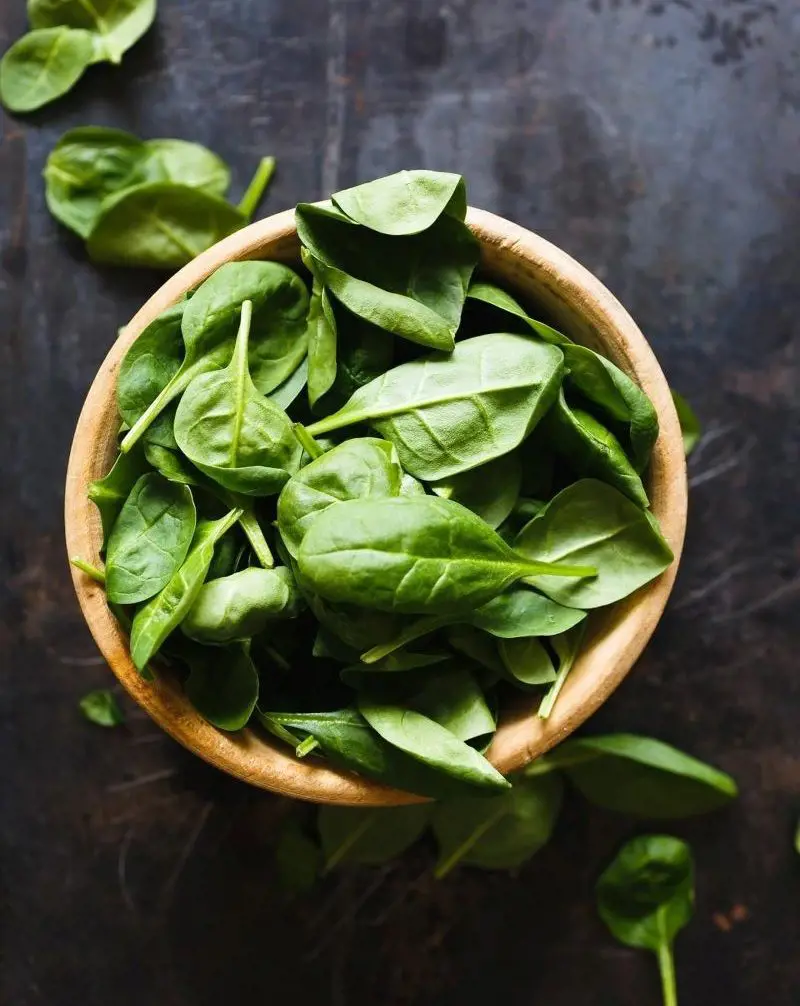
Spinach is a good source of folic acid. During pregnancy, folic acid can help prevent your unborn child from developing birth defects such as spina bifida, cleft lip, and cleft palate. This leafy green vegetable is also rich in iron, calcium, and other essential nutrients.
They are loaded with potassium and nitrates, which help in maintaining blood pressure. Incorporate this nutritious veggie in a strawberry almond spinach salad or sauteed mushroom spinach salad. You can also mask it in a banana, orange, strawberry, and spinach smoothie.
18. Sweet Potatoes
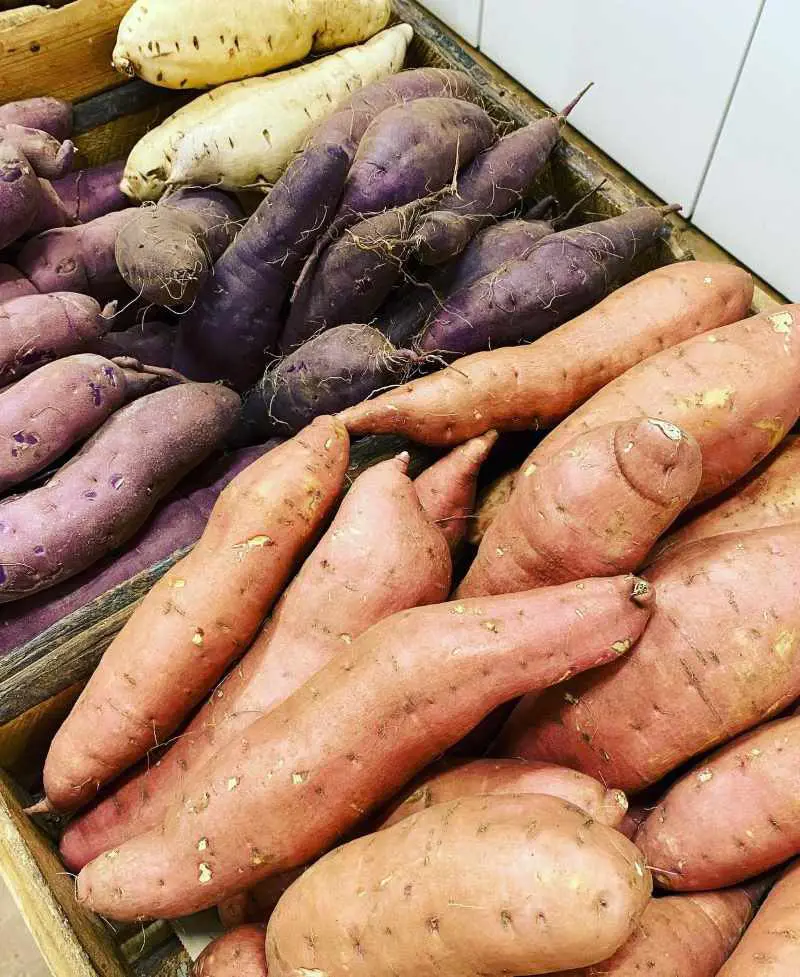
Sweet potatoes deliver beta-carotene, a key plant compound that your body converts to vitamin A, which is crucial for a baby's development. Yet, it's worth noting that, excessive vitamin A from animal products, like organ meats, can cause toxicity.
The root vegetable also contains fiber and potassium. Fiber helps keep you full longer, improves digestive health, reduces blood sugar spikes, and relieves constipation.
Consider incorporating sweet potatoes into your breakfast routine as a nutritious foundation for your morning avocado toast.
19. Tofu
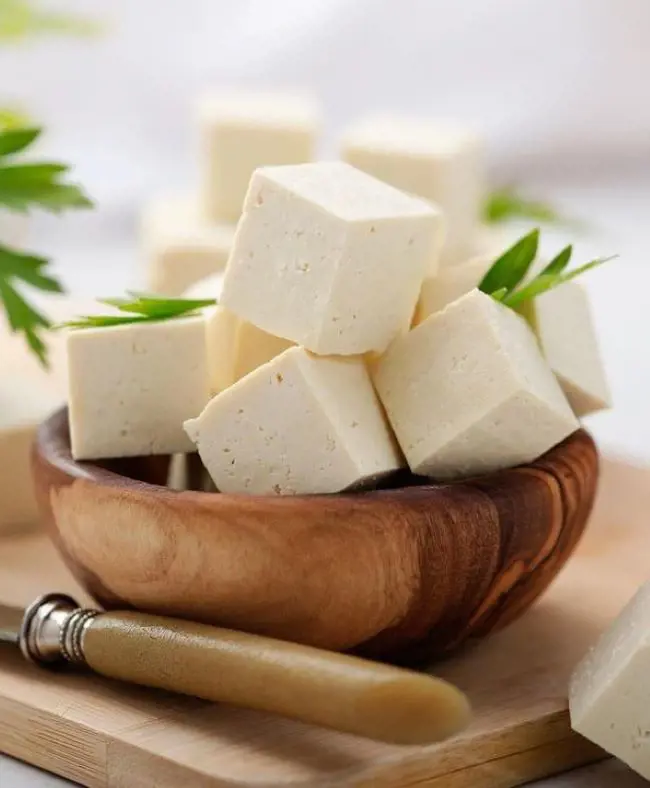
Tofu is widely considered a complete food. Consuming tofu during pregnancy is a beneficial choice for your and your developing baby's health because it is rich in essential amino acids. Furthermore, its calcium content supports the proper bone development of your baby.
These foods are not only gluten-free and low in calories, but they also boast a cholesterol-free profile. They are an excellent source of protein that is also rich in calcium, vitamin A, vitamin K, and magnesium -promoting normal blood clotting. Tofu serves as a go-to choice for non-meat eaters.
20. Whole Grains
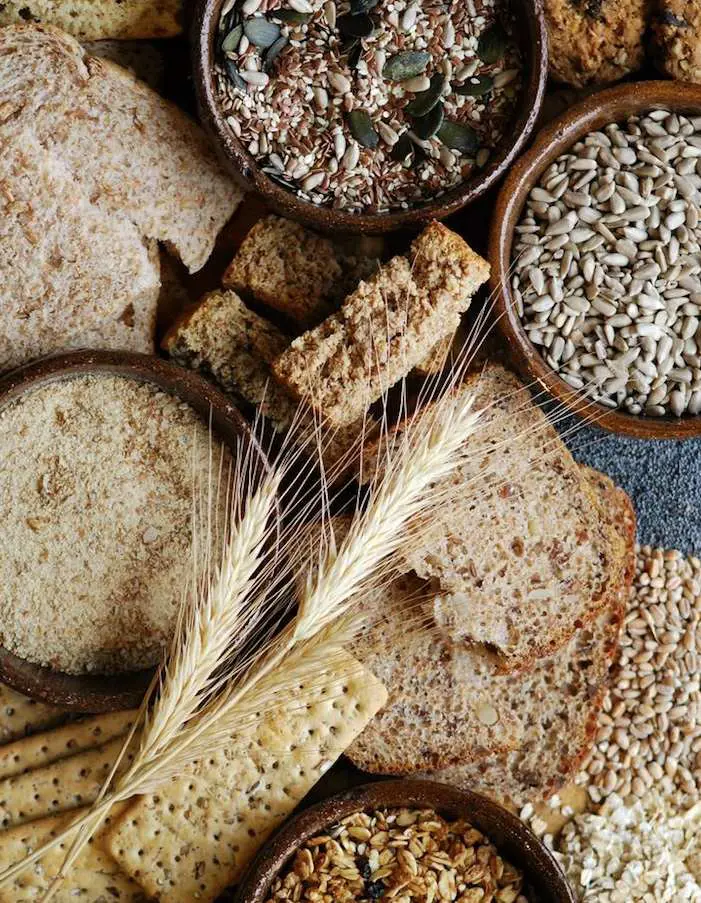
Unlike their refined counterparts, whole grains are rich in plant compounds, fiber, vitamins, iron, folic acid, and zinc. Consider incorporating options such as quinoa, brown rice, wheat berries, barley, and oats instead of white rice, white bread, and pasta.
Some whole grains such as quinoa and oats include a substantial amount of protein, vitamin B, fiber, and magnesium. Aim to consume 6 to 8 ounces of whole grains per day. Cereals provide energy for the unborn baby, helping the placenta to develop.
Recent posts
Nutrition
Nutrition
Licorice Root: Benefits And Uses
You can spell it liquorice or licorice; this herb or root has been in use for centuries in most medicinal applications, as a natural sweetener and to enhance flavors. Regarding its origins, it comes from the root of the "Glycyrrhiza galbre" plant and...
Nutrition
Is Salmon Good For You? Nutritional Facts and Benefits
Salmon fish is a staple diet throughout the world, popular as a super food for its nutrients. Whether savored in sushi, poached, grilled, roasted, or pan-fried, salmon offers minerals and vitamins that contribute to healthy bodily functions. In addit...
Nutrition
25 Smoked Salmon Recipes That You Will Enjoy
Salmon is a silver-colored fish that is loaded with many nutrients, vitamins, and omega-3 fatty acids. Smoked Salmon is better for improving your health and reducing the risk of cancer, heart-related diseases, fights inflammation, reduces anxiety and...
Nutrition
Are Sausages Healthy? Nutrition And Health Benefits
Sausages are tasty in an addictive way, making them one of the most popular foods worldwide. You may have enjoyed this convenient food often, whether on a bun with mustard or grilled on a barbecue, the simple preparation methods are what makes its co...
Nutrition
20 Vegetables That Are Rich In Iron
Iron is essential for our bodies to function well. When we don't get enough iron, we often feel weak and tired. It's important to address iron deficiency early by eating the right foods. Fortunately, many vegetables are rich in iron and can help prev...
Nutrition
15 Cauliflower Nutrition Facts And Health Benefits
Cauliflower, a cruciferous vegetable, resembles a white variation of its relative, broccoli. Like broccoli, it has closely bunched florets attached to a thick core, often surrounded by a few leaves. While white is the most common color, cauliflower i...

